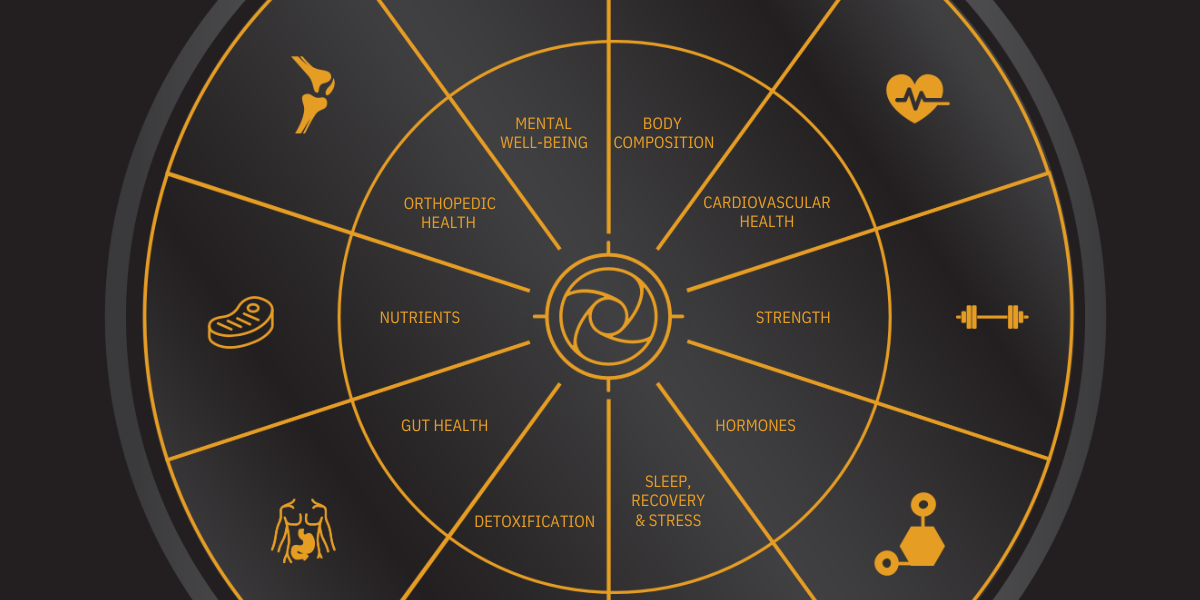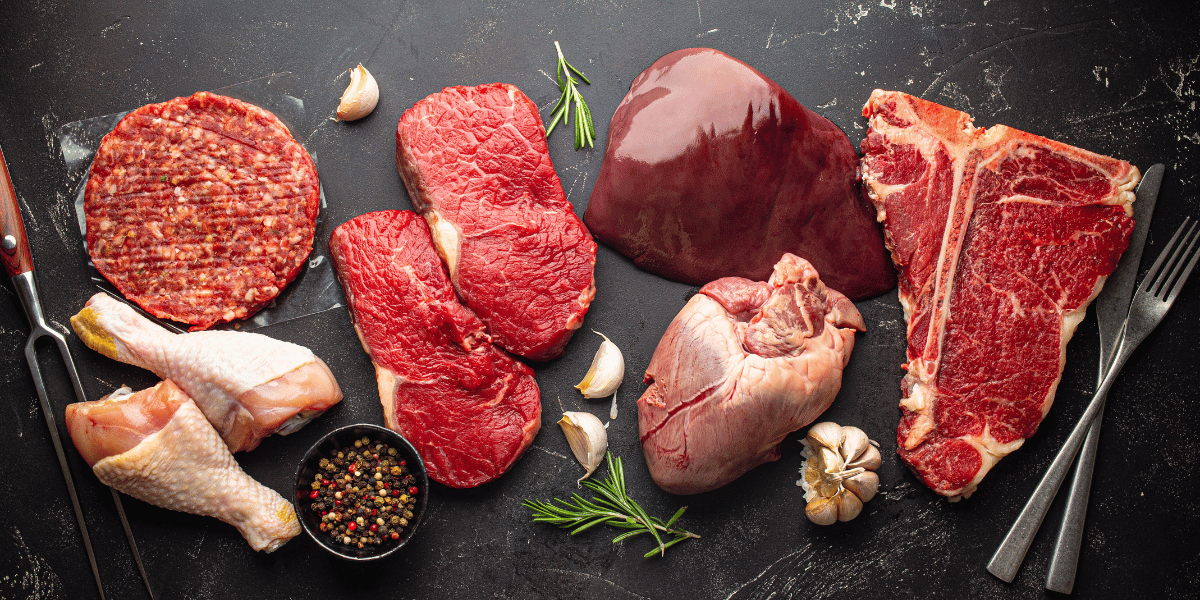Understanding the Wheel of Health: Stark's Comprehensive Approach to Well-Being
At Stark, we believe that true health encompasses far more than just physical fitness. It's about achieving a harmonious balance across all aspects...
.png?width=70&height=70&name=Stark_LogoMark%20(1).png)

If you’ve ever wondered how alcohol impacts your fitness goals, you're not alone. Whether you're new to fitness or have been tracking your macros for years, understanding alcohol’s effects on your metabolism, weight loss, and overall health is essential. While abstaining from alcohol is the best way to improve your health, if you choose to drink, this guide will help you make informed choices to minimize its impact.
When you consume alcohol, your body prioritizes processing it over other nutrients. Unlike fats, proteins, or carbohydrates, alcohol cannot be stored in the body. Instead, it must be metabolized immediately, which affects how your body handles other macronutrients.
Because alcohol cannot be stored, your liver focuses on metabolizing it before fats and carbohydrates. This prioritization means:
Alcohol affects weight management by disrupting appetite regulation and encouraging overeating.
Diet-Induced Thermogenesis (DIT) is the energy your body uses to process food and drink.
Getting enough sleep is critical for weight loss, metabolism, and overall health, but alcohol can disrupt your sleep cycles.
Alcohol can negatively impact hormone production, affecting metabolism, weight loss, and overall wellness.
Making mindful choices about your drinks can help minimize alcohol’s impact on your health.
Alcohol can impact your metabolism, weight, sleep, and hormones, but making smarter choices can help mitigate its effects. Remember:
If you choose to drink, plan ahead, stay hydrated, and make mindful decisions to minimize alcohol’s impact on your health and fitness goals. And if you prefer to skip alcohol altogether, try a refreshing alternative like a Strawberry Mule Mocktail—a delicious, alcohol-free option that still feels special. Check out the recipe here.
For those struggling with alcohol cravings, finding effective solutions can be life-changing. One emerging treatment showing promise is ketamine therapy. Research suggests that ketamine works by disrupting associative memories—the neural pathways that link certain triggers, like stress or social settings, to alcohol cravings.
By weakening these connections, ketamine therapy may help reduce the compulsion to drink, providing a new avenue of hope for those looking to regain control over their relationship with alcohol.
 At Stark Health, we are committed to empowering individuals to live healthier lives through evidence-based insights, innovative solutions, and personalized care. Our mission is to bridge the gap between science and everyday wellness, making complex health concepts accessible and actionable for everyone.
At Stark Health, we are committed to empowering individuals to live healthier lives through evidence-based insights, innovative solutions, and personalized care. Our mission is to bridge the gap between science and everyday wellness, making complex health concepts accessible and actionable for everyone.
We specialize in cutting-edge health information, tailored wellness strategies, and expert guidance to help you optimize your body and mind. From nutrition and fitness to preventative care, our team of professionals is here to support you at every step of your health journey.
Whether you're striving to enhance your fitness, improve your overall well-being, or stay informed about the latest advancements in healthcare, Stark Health is your trusted partner in achieving sustainable results. Let’s transform health—together.

At Stark, we believe that true health encompasses far more than just physical fitness. It's about achieving a harmonious balance across all aspects...

Protein is an essential nutrient that supports the body by building and repairing tissues, producing enzymes and hormones, and maintaining immune...

Hair loss is a common concern that affects millions of people. While aging and stress are well-known culprits, emerging conversations in the health...